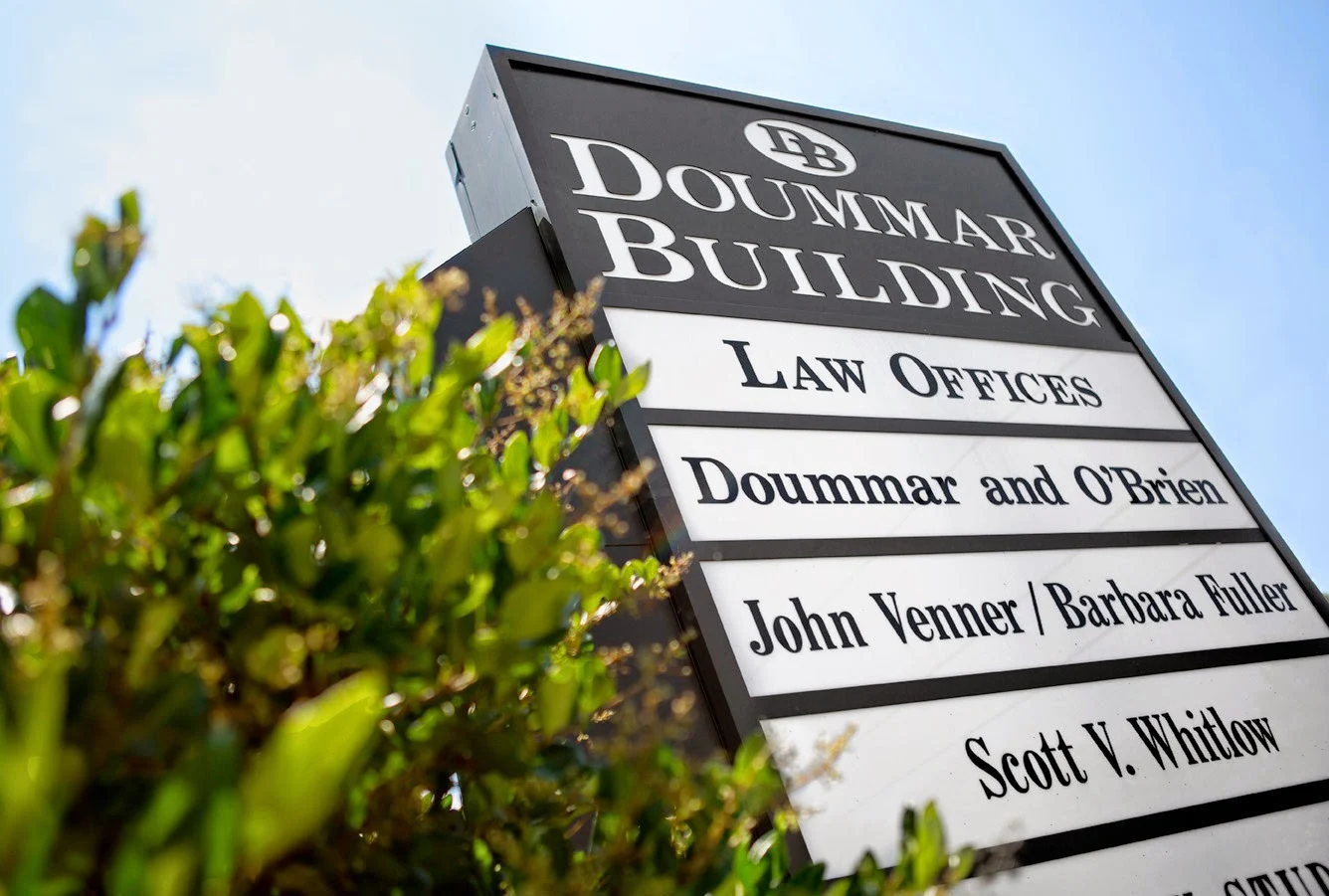Trust Protectors in Virginia Estate Planning
Trusts are powerful tools—but life changes. A trust protector adds critical flexibility to your estate plan. Whether updating trustees, changing situs, or adding beneficiaries, a protector helps you stay in control long-term.
🔍 What Is a Trust Protector?
Originally seen in offshore trust planning, a trust protector is a fiduciary agent appointed within a trust to advise or direct the trustee—and in some cases, to make changes to the trust’s structure, beneficiaries, or governing law :contentReference[oaicite:1]{index=1}.
🇺🇸 Why It Matters in Virginia
Although common in offshore trusts, trust protector roles are increasingly valuable for domestic irrevocable trusts too—helping adjust to family dynamics, tax law changes, and future uncertainty :contentReference[oaicite:2]{index=2}.
✅ Fiduciary Role & Duties
Virginia treats trust protectors—also called trust advisors—as fiduciaries. Under state law, they owe duties of loyalty and care to both trust grantors and beneficiaries :contentReference[oaicite:3]{index=3}.
💡 Common Protector Powers
- Appoint or remove trustees
- Change the trust’s governing law or situs
- Add or remove beneficiaries
- Modify trust terms to adapt to unforeseen circumstances
How Doummar Law Can Help
Our estate planning team helps you:
- Determine if a trust protector is right for your goals
- Create customized trust protector language in your trust
- Ensure compliance with Virginia fiduciary standards
- Coordinate protectors with estate, tax, and asset‑protection planning
📞 Call us at (757) 422‑0061 or schedule your free consultation to add flexibility and protection to your estate plan.
📢 Future‑Proof Your Trust
Let Doummar Law guide you in creating a resilient, flexible trust that adapts as life evolves.

